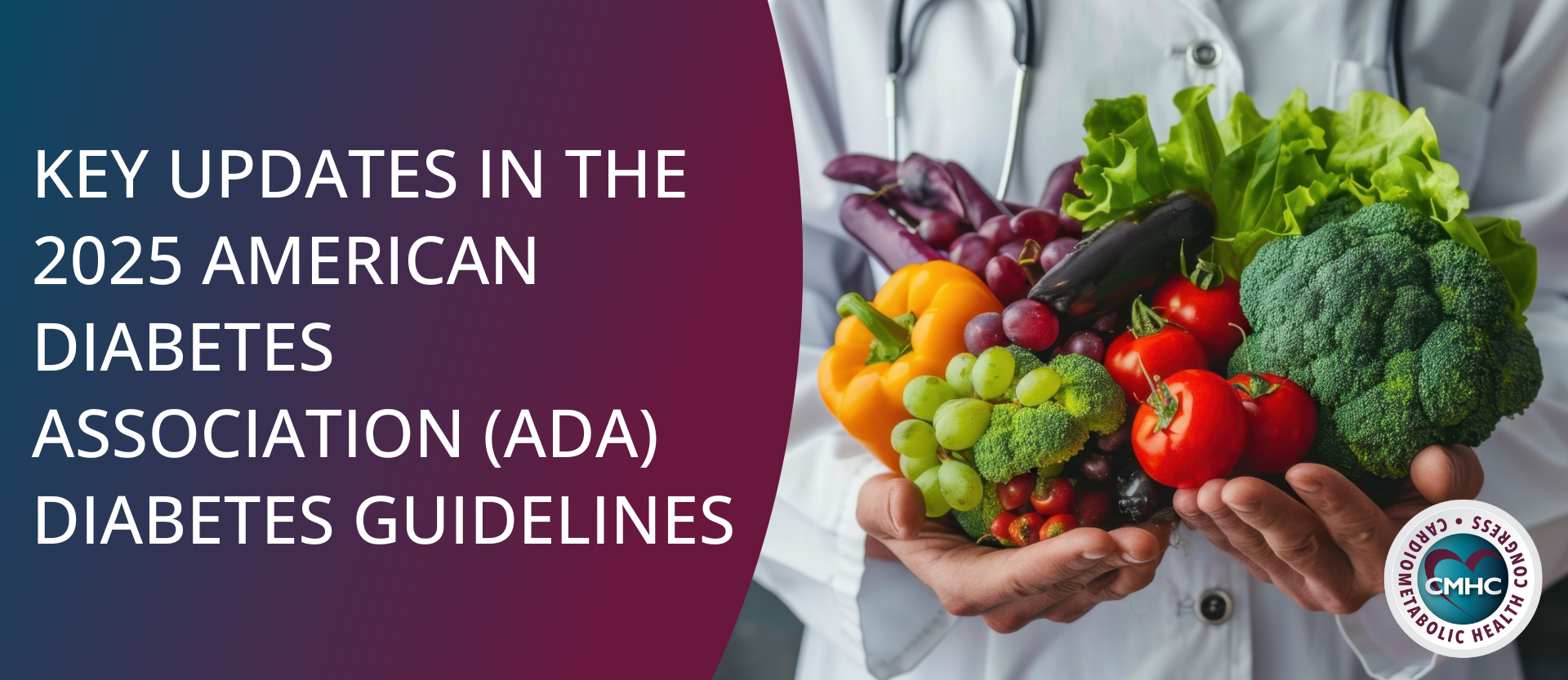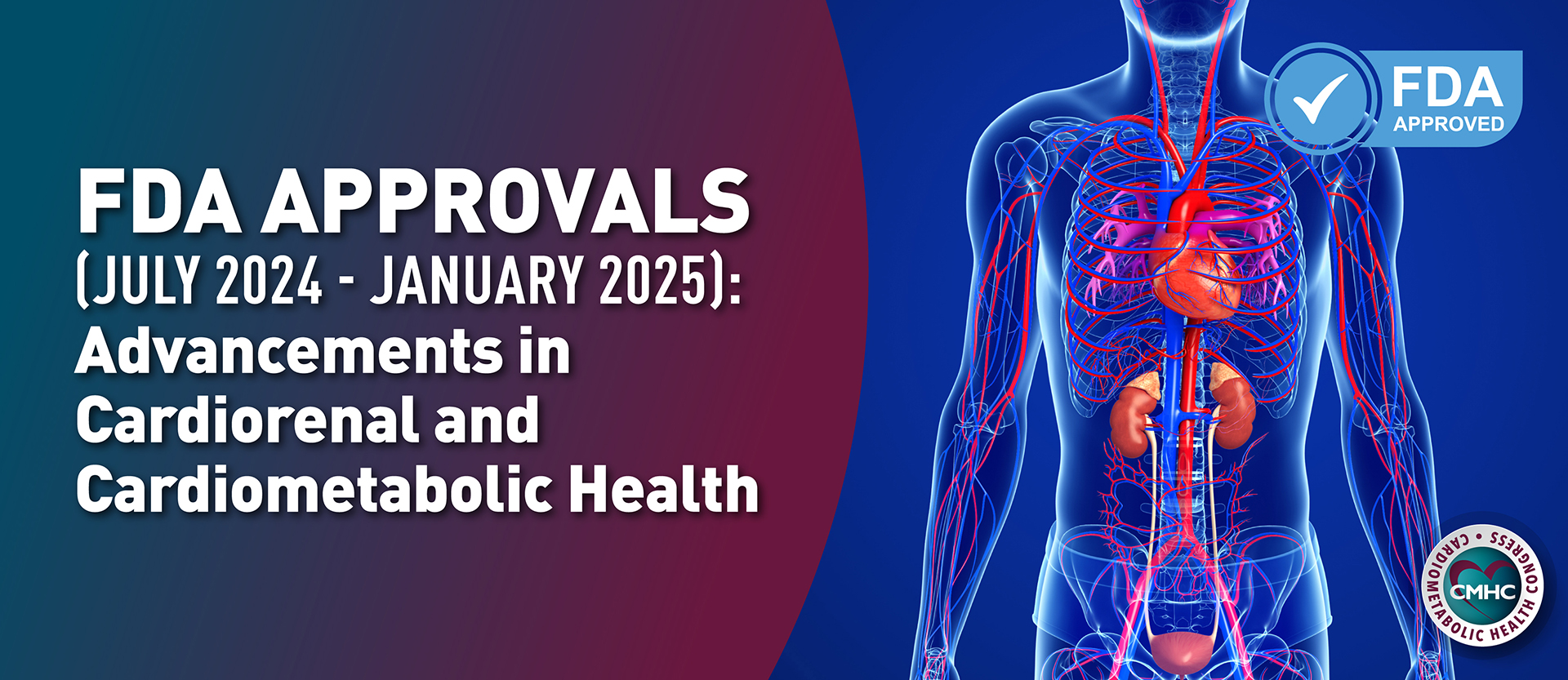Recent findings from FIDELITY-HF support the use of finerenone and highlight the importance of routine screening for renal function in primary care to identify kidney decline early in patients with diabetes.
In findings published in JACC: Heart Failure in October 2022, researchers analyzed individual patient data from the FIDELIO-DKD and FIGARO-DKD trials. This pooled analysis, titled FIDELITY-HF, examined adult participants with type 2 diabetes (T2D) and chronic kidney disease (CKD) who were randomly assigned to 10 or 20 mg of finerenone daily or a placebo. In the previous trials, finerenone was found to reduce cardiovascular-related deaths and delay the progression of CKD, as measured by estimated glomerularfiltration rate (eGFR) and urine albumin-to-creatinine ratio (UACR).
First approval
Finerenone is a nonsteroidal, selective mineralocorticoid receptor antagonist (MRA) sold under the brand name Kerendia. It was first approved in July 2021 to reduce the risk of sustained eGFR decline, end-stage kidney failure, cardiovascular death, nonfatal myocardial infarction, and hospitalization for heart failure (HHF) in individuals with CKD and T2D. The original approval was based on findings from the FIDELIO-DKD study. In September 2022 the U.S. Food and Drug Administration (FDA) granted finerenone a label expansion reflecting positive outcomes from the FIGARO-DKD cardiovascular outcomes study.
Current FIDELITY pooled analysis
The present FIDELITY-HF study found that the use of finerenone was associated with a significantly reduced risk of first HHF (HR, 0.78 [95% CI, 0.66-0.92]; P=.003), CV-related death or first HHF (HR, 0.83 [95% CI, 0.74-0.93]; P=.002), recurrent HHF (HR, 0.79 [95% CI, 0.64-0.96]; P=.021), and CV-related death or recurrent HHF (HR, 0.82 [95% CI, 0.72-0.95]; P=.006) compared to placebo. Risk reductions were observed across baseline eGFR and UACR categories (P>.010), and the lowest incidence of these endpoints was observed for those with an eGFR of ≥60 mL/min/1.73m2 and a UACR <300 mg/g.
Discussion
Based on the FIDELITY-HF study findings, a consensus report jointly filed by Kidney Disease: Improving Global Outcomes (KDIGO) and the American Diabetes Association (ADA) supports the use of finerenone in certain patients who with CKD that may be linked to T2D. The updated KDIGO/ADA clinical guidelines recommend finerenone for “patients with CKD associated with T2D and an eGFR of ≥25 mL/min/1.73 m2, as well as normal serum potassium concentration and albuminuria despite treatment with a renin-angiotensin system (RAS) inhibitor at the maximum tolerated dose.” The pivotal study also provides an evidence-supported basis for eGFR and UACR screening earlier and more frequently in certain patients.
“The FIDELITY-HF analysis demonstrates the consistent benefits of finerenone on HF-related outcomes across CKD stages in patients with T2D, regardless of eGFR or UACR at baseline. This reinforces the importance of routine eGFR and UACR screening in clinical practice to ensure early initiation of treatment with finerenone to address cardiovascular risk and morbidity associated with HHF.” – FIDELITY-HF authors
Key takeaway
Finerenone reduced the risk of clinically important CV and kidney outcomes vs. placebo across the spectrum of CKD in patients with T2D. Screening for albuminuria to identify patients with T2D at risk for developing CKD facilitates the reduction of both CV and kidney disease burden.

Sources:
- https://www.practiceupdate.com/content/acc-2022-fidelity-demonstrates-benefits-of-finerenone-in-the-primary-and-secondary-prevention-settings/134673/8/2/2
- https://pubmed.ncbi.nlm.nih.gov/35023547/
- https://www.jacc.org/doi/epdf/10.1016/j.jchf.2022.07.013
- https://www.healio.com/news/endocrinology/20221027/finerenone-may-lower-risks-for-pneumonia-covid19-in-adults-with-type-2-diabetes-and-ckd
- https://www.ajmc.com/view/new-clinical-guidelines-recommend-finerenone-for-ckd-associated-with-t2d
















